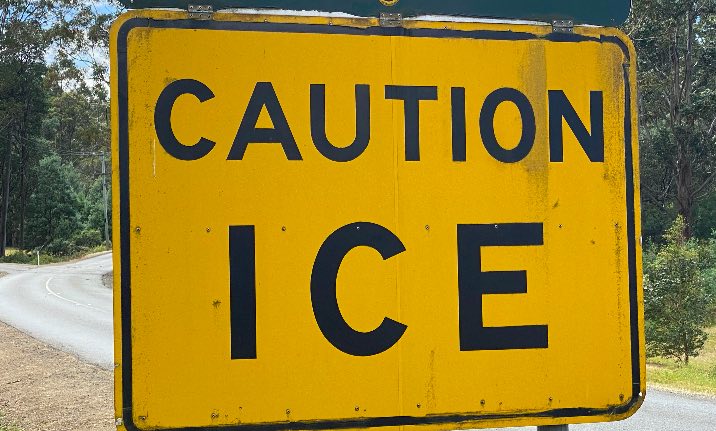A leading transport expert says the emissions calculations used by federal energy and emissions reduction minister Angus Taylor to justify his “do nothing” EV strategy are “fundamentally flawed,” because they deliberately exclude the overseas emissions from the production and processing of liquid fuels for petrol and diesel cars.
Taylor on Friday released a “Future Fuels” discussion paper that argues Australia should focus on hybrid cars – known as “mild hybrids” rather than battery electric cars because of the much higher cost of abatement.
But the calculations used by Taylor and his department have been criticised by energy and transport experts and the EV lobby. Already it has been pointed out that Taylor’s team is comparing large electric vans with small petrol ones, and not fully accounting for the growth in renewable energy and clean energy charging options.
Now, Dr Jake Whitehead, from the University of Queensland, points out that the calculations for petrol and diesel cars used by Taylor’s office, government departments, and even the Green Vehicle Guide (GVC), do not factor in overseas emissions.
Whitehead raised the issue back in July last year, when he wrote to the Department of Industry, Science, Energy and Resources, which maintains the National Greenhouse Accounts Factors.
The department replied, confirming that Scope 3 emissions for liquid fuels do not account for emissions associated with extraction, refining and shipping of petrol or diesel from overseas.
“This is because data required to inform such factors is not readily available and would not be possible to apply with any certainty to delivered fuel, as Australia exports some petroleum products as well,” the department said.
Whitehead disputes this, and provided data showing how they could be calculated. See here.
He says that the scope 3 emissions used by the government are 0.1 kilos per litre, when the actual rate should 0.6 or 0.7. “It is one sixth or one seventh of what they should be,” he said. It means the Australian government is underestimating ICE (internal combustion engine) car emissions by around 20 per cent.
“It is problematic when these emissions are not accounted for in a consumer guide – like the Green Vehicle Guide – as consumers are not provided with accurate information regarding the relative emissions impact of different choices,” Whitehead wrote at the time.
“I believe the fuel lifecycle estimate in the Green Vehicle Guide should either be updated to include upstream emissions from petrol/diesel vehicles OR it should not be used as a metric for comparing EVs and conventional vehicles.”

Whitehead told The Driven on Monday that Taylor’s emissions calculations were wrong.
“They give the full picture of EV emissions and only half the picture from petrol vehicles,” Whitehead said. “Thy are fundamentally flawed.

See my video comments below:

Giles Parkinson is founder and editor of The Driven, and also edits and founded the Renew Economy and One Step Off The Grid web sites. He has been a journalist for nearly 40 years, is a former business and deputy editor of the Australian Financial Review, and owns a Tesla Model 3.


